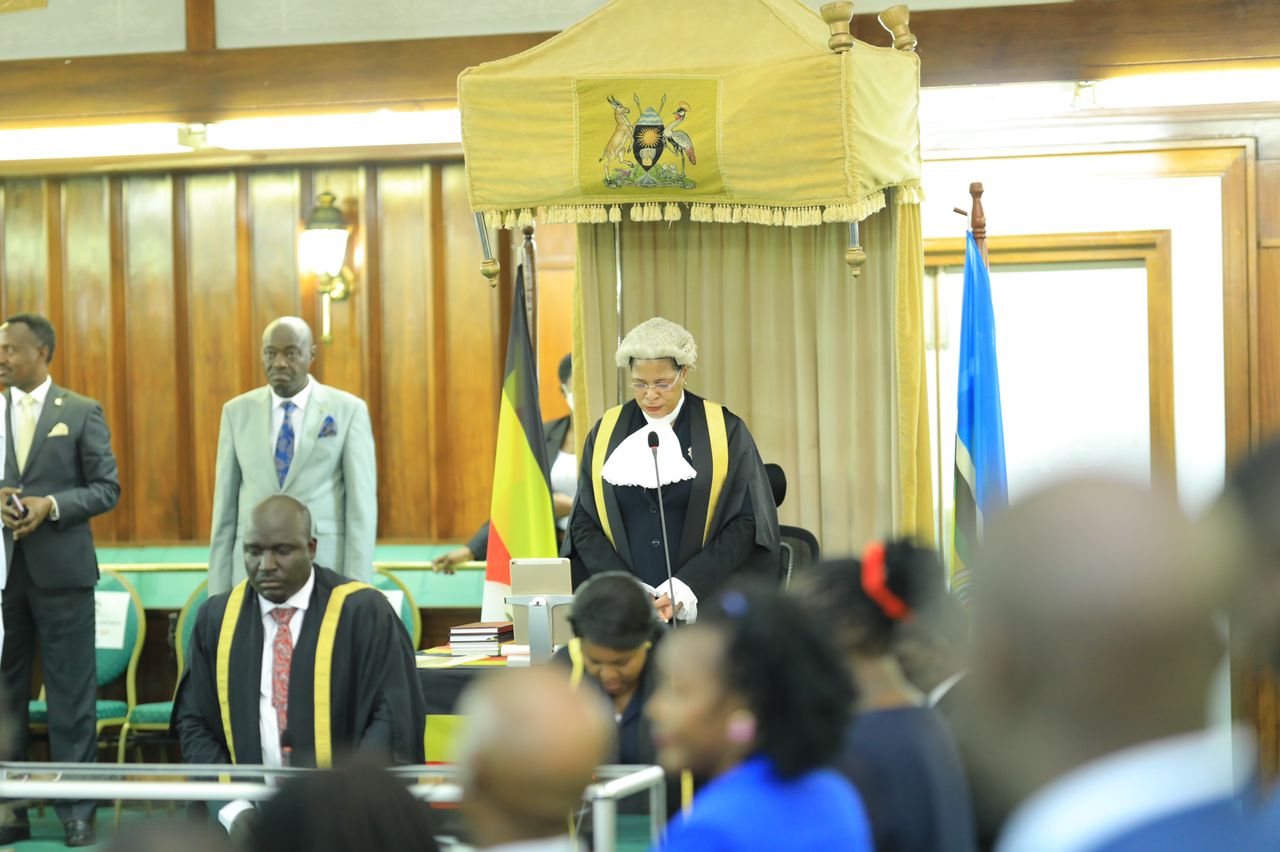Uganda’s members of Parliament passed a bill that could see foreign tech companies including Facebook, Google and Netflix remit five percent tax of their income in the country.
A statement by the legislative body announced that the Income Tax (Amendment) Bill sailed through after securing the backing of the majority MPs.
“Parliament has reviewed and passed two Bills that were returned by the President. The Bills are;The Tax Procedures Code (Amendment) Bill, 2023 and The Income Tax (Amendment) Bill, 2023,” a statement by the Ugandan Parliament read.
Despite getting support from the majority MPs, the bill faced opposition from members in the minority side.
They expressed their fear that the state would force the new law on the citizens and consequently increase the price of internet services.
Law faces resistance in Uganda
The minority MPs decried that the bill would limit access to the internet in the country and termed it a limitation of free speech.
However, the Finance Committee was adamant that the tax measures would not in any way affect the ordinary citizens and was only targeting corporations operating in Uganda.
“The Income Tax (Amendment) Bill, 2023 will also tax non-resident providers of digital services in Uganda such as Facebook, Twitter, Amazon, Netflix, etc,” Uganda’s Parliament noted.
“The Committee noted that this is not a social media tax and will not affect an ordinary Ugandan in any way.”
First passed in May, the Income Tax (Amendment) Bill became a subject of debate over the clauses touching on social media platforms.
Members of the opposition had presented a dissenting report that led to the rejection of the social media tax in the bill before officials presented it to the President for assent.
However, President Yoweri Museveni declined to assent the bill and instead returned it to Parliament for reconsideration.
Museveni argued that the tax would not affect internet users and, as such, the rejection was unnecessary.


